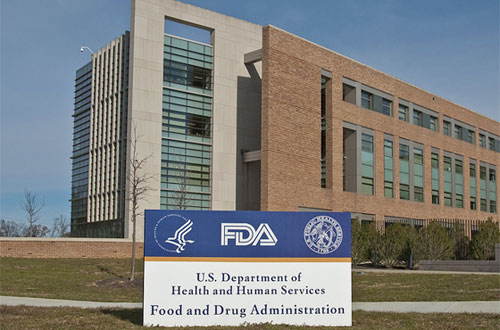
The US FDA has unveiled a plan to speed up the review of marketing applications for generic versions of drugs that exploit a monopoly position.
The update to the agency’s policy is a response to a number of incidents in which an old, established drug that is only sold by one company has its price dramatically hiked, according to a Bloomberg report, which suggests that as many as 125 generic applications could be accelerated as a result.
Notable examples include Turing Pharma’s decision to increase the price of Daraprim (pyrimethamine), a long-established drug to treat a parasitic infection affecting HIV patients, from $13.50 to $750 per pill, and hefty price hikes for two cardiovascular drugs sold by Valeant.
These and other pricing decisions have focused attention on the issue of escalating medicine costs and led to increased scrutiny of pharma company pricing policies by US lawmakers. Now, applications for sole-source drugs can be prioritised in the same way as drugs in shortage or needed to alleviate public health emergencies.
Pharmacy benefit manager (PBM) Express Scripts has tried another tack in the fight against high-priced single-source drugs, partnering with compounding pharmacy company Imprimis to provide a low-cost alternative to Daraprim.
Drugs can be made by compounding pharmacies on demand, without the need for a formal review process by the FDA.
The US regulator has come in for its own share of criticism over drug pricing, defending itself from allegations that a backlog of generic drug applications was in part contributing to escalating drug prices.
The director of FDA’s Center for Drug Evaluation and Research (CDER) – Janet Woodcock – told congress last year that while around 10% of off-patent, small-molecule drugs on the US market have no generic rival, this is generally because the market is too small to encourage competing products.
In addition to prioritising generic applications for sole-source drug products, the updated policy also takes into account the recent reorganisation of the FDA’s Office of Pharmaceutical Quality and changes to the rules surrounding forfeiture of marketing exclusivity.




